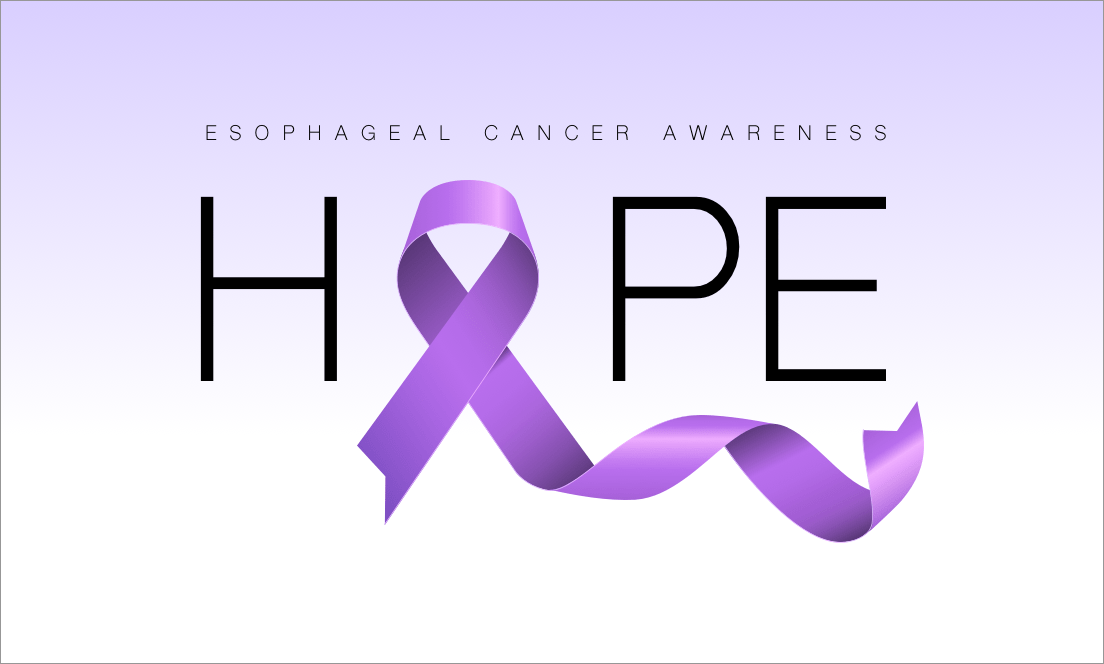Search:
Categories
Archives
Esophageal cancer
- CURIA
- May, 06, 2022
- Informed Patient
- Comentarios desactivados en Esophageal cancer

Esophageal cancer is the cancer which is seen in the esophagus, the hollow tube that runs from your throat to your stomach. Esophagus is responsible for moving the food swallowed from the back of the throat to the stomach for digestion. The cancer usually begins in the cells that line inside of the esophagus but can occur anywhere. It is the sixth most common cause of cancer death worldwide and is commonly seen more in men than women.1 The reasons of its occurrence vary, it could be either alcohol or tobacco consumption or may be because of particular nutritional habits and obesity.
Symptoms
Common symptoms of esophageal cancer are:
- Difficulty in swallowing
- Unexplainable weight loss
- Chest pain, pressure or burning
- Worsening indigestion or heartburn
- Coughing or hoarseness
Causes
The reason of esophageal cancer is not known. What is known is that it develops when cells of the esophagus develop changes in their DNA. These abnormal cells form tumor and then spread to the other parts of the body.
Types of Esophageal cancer
Depending on the type of cells involved there are different types of esophageal cancer.
Adenocarcinoma – Here the cancer begins in the cells of mucous-secreting glands in the esophagus. It usually occurs in the lower portion of the esophagus. It is the most common form of cancer in the United States and affects mostly white men.
Squamous cell carcinoma – Squamous cells are flat, thin cells that line the surface of the esophagus. It occurs in the upper and middle part of the esophagus.
Other rare types – Some rare forms of esophagus cancer such as small cell carcinoma, sarcoma, lymphoma, melanoma and choriocarcinoma.
Risk Factors
Factors responsible for developing esophagus cancer are:
- Having gastroesophageal reflux disease
- Smoking
- Obesity
- Alcohol
- Chest pain
- Bile reflux
- Not eating fruits and vegetables
- Undergoing radiation treatment to the chest or upper abdomen
- Difficulty in swallowing
Preventive measures
Certain preventive measures can reduce the occurrence of esophageal cancer such as:
Giving up smoking and tobacco – Both smoking and tobacco cause cancer. So find ways to give up.
Limit alcohol intake – Ideally alcohol should be completely avoided but if that is not possible, limit it’s intake to one to two drinks in a day.
Eat more fruits and vegetables – Fruits and vegetables have a lot of fibre hence have fruits and vegetables as much as possible during the day.
Check your weight periodically – It is important to maintain a healthy weight. If you are on the plumper side, work towards losing weight gradually to reduce the risk of cancer.
Treatment
There are different modes of treatment depending on the type of cancer.
Local treatments – Local treatments are given when tumor needs to be treated for a specific location. These treatments are generally prescribed for earlier stage cancers but may also be used in some other situations.
Systemic treatments – Systemic treatments are drugs which can be either given by mouth or directly into the blood. They travel through the whole system allowing them to reach cancer cells almost anywhere in the body. Depending on the type of oesophageal cancer, several types of therapies may be used such as chemotherapy, targeted drug therapy, immunotherapy.
Combination treatments – Sometimes, the type of cancer is such that it requires a combination of treatments at the same time or one after another. In case the cancer has reached an advanced stage and cannot be removed then palliative treatment is recommended which can only relieve symptoms such as pain and trouble swallowing but not cure cancer.2
Immunotherapy – Several studies have indicated that checkpoint inhibitors nivolumab and pembrolizumab in immunotherapy have achieved revolutionary response rates in advanced as well as resectable settings in esophageal cancer patients. The current results of large clinical trials show high efficacy with tolerable toxicity, desirable survival rates and sustained quality of life, there are still concerns. The concerns notwithstanding recent studies in immunotherapeutic agents are bound to revolutionize therapeutic strategies for esophageal cancer patients.3
Referencias:
